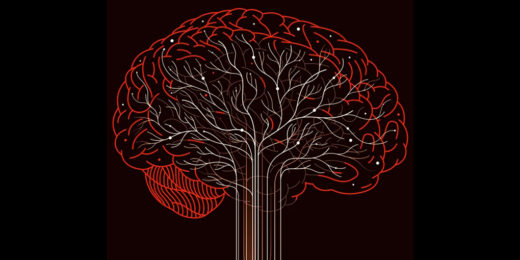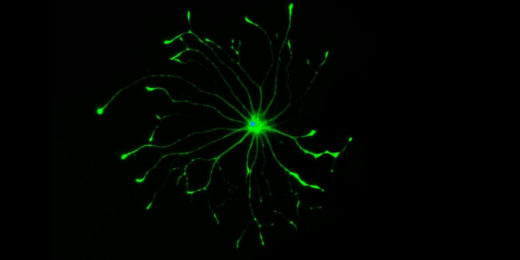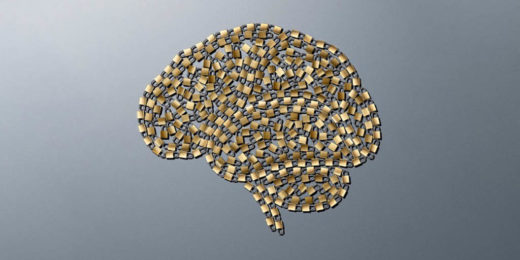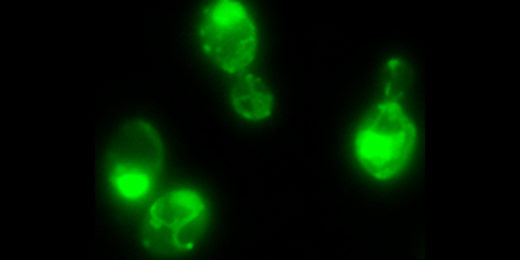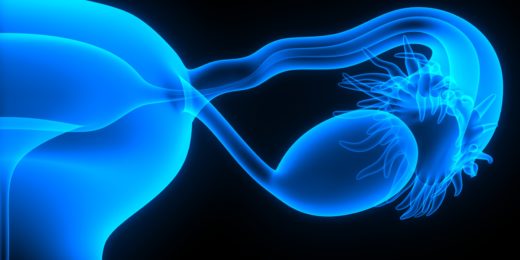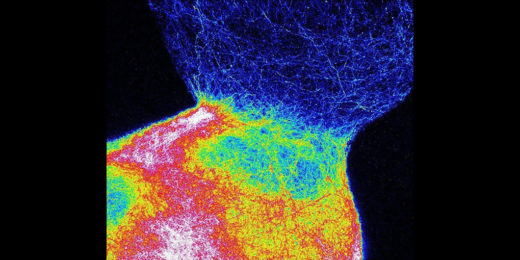Stanford psychiatrist Anna Lembke’s book, Dopamine Nation, explains our brain chemistry's role in modern society's addiction to social media.
Month: October 2021
Breakthroughs in battling and healing cognitive loss
Stanford Medicine researchers are investigating new tactics to overcome cognitive loss, including that which occurs in Alzheimer's disease.
Can marketing strategies help increase vaccination rates?
Researchers at Stanford are exploring using traditional marketing strategies to help increase COVID-19 vaccine acceptance.
Q&A: Native Hawaiian resident shines light on health disparities
A Stanford Medicine medical student speaks to the disparities in representation of Native Hawaiian and Pacific Islanders in medicine.
Pandemic Puzzle: Health disparities and equitable recovery
In Stanford's Pandemic Puzzle virtual symposium, experts discuss medical and economic issues of the Covid-19 pandemic.
Youngsters with ADHD often don’t receive best treatment
Families of young kids with ADHD should get parenting-skills therapy before other treatments, but this happens infrequently, a study found.
From angel to demon: Why some brain cells go ‘bad’
Four years after his death, possibly the greatest mystery famed neuroscientist Ben Barres ever sought to solve has become a bit less opaque.
When it comes to healing without scarring, it pays to be small
Researchers have found that a phenomenon tied to animal size helps determine whether animals heal without scarring after burn injury.
Stanford Medicine magazine: Unlocking the brain’s mysteries
This new issue of Stanford Medicine magazine explores scientific advances that are helping unlock the mysteries of the brain.
Live big and die young, or stay small and live long?
Stanford Medicine researchers found an element -- a prion -- that can control whether yeast cells and their progeny grow to large, or not.
Routine COVID-19 testing can help schools stay open, researchers say
Researchers argue that data from routine COVID-19 contact tracing and testing could help schools remain open.
Can major surgery increase risk for Alzheimer’s disease?
During cardiac surgery, patients’ blood levels of a substance highly predictive of Alzheimer’s disease jumped more than 5-fold.
How ovarian cancers evade the immune system
A common ovarian cancer evades detection by convincing nearby immune cells to treat it as a developing fetus.
What to do (and not do) when you win the Nobel Prize
Three of Stanford Medicine's Nobel laureates offer advice to future winners about hearing the news and what to expect next in their careers.
Children born early at risk from too much screen time
More than two hours of daily screen time was linked to lower IQ and behavioral issues in 6- and 7-year-olds born very prematurely.
Stanford neuroscientist’s ‘assembloids’ pave the way for innovative brain research
A Stanford neuroscientist has led the development of a novel brain research tool for understanding diseases of brain development.



